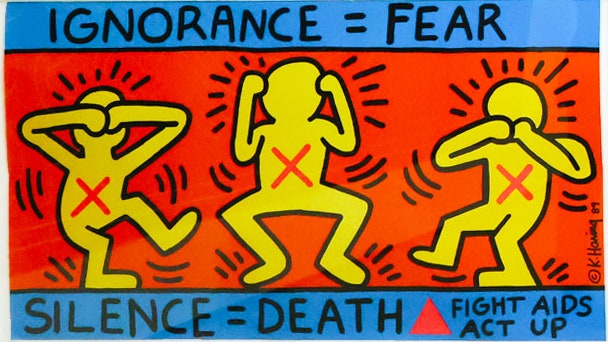World AIDS Day comes annually on the 1st of December, yet it remains one of the more perplexing—and I must add, often feared—occasions in the AIDS community. Those who advocate are frequently obligated to decide between grieving the absence of dear ones or utilizing the day, acknowledged globally, to spotlight the ongoing challenges that still prevent us from realizing a generation free of AIDS. With an approaching administration that made promises to “transform” our healthcare, taking advice from one of the most prominent voices in the anti-science and denialist movement, our inclination to resist has never been more apparent or critical. If the initial AIDS activism and our ACT UP veterans imparted any lesson to us, it is in the way to collectively and passionately fight for one another and persist during moments of hopelessness.
Occasionally, I am inquired on how my journey in AIDS activism began. Although pinpointing the exact moment is challenging, I will forever recall the location—Room 207 at the Lesbian, Gay, Bisexual & Transgender Community Center during an ACT UP (AIDS Coalition to Unleash Power) assembly in New York City. Immediately, I felt I belonged. There’s plenty of romanticized documentation and portrayals of ACT UP in the media, yet I always encounter astonishment when individuals realize that ACT UP is still active and perseveres in crucial work across its chapters.
When I became part of ACT UP NY, we were several years into the FDA’s sanctioning of oral PrEP (pre-exposure prophylaxis). Although there was a drug available that, when consumed daily, can efficiently prevent HIV infection, its pharmaceutical producer, Gilead Sciences, was inflating the price by 66%, potentially imposing a cost of up to $24,000 annually on users. This revelation of price exploitation became even more unsettling when it was unearthed that the funding for the trials originated from US taxpayers’ contributions.
Almost a decade has passed, and now multiple generic versions of oral PrEP exist in the market—but fairness still eludes us. As per the US CDC and cited in PrEP in Black America’s For Us By Us document, 91% of Black Americans who could gain from PrEP have never obtained a prescription. This is particularly significant as we contemplate the recent (and thrilling) findings from the PURPOSE 1 and 2 trials for lenacapavir, a semiannual injectable PrEP that showed remarkable efficacy among cisgender women (PURPOSE 1) and gay men, transgender, and nonbinary individuals (PURPOSE 2) in disaster prevention (it’s currently sanctioned as a therapy for the illness, not an equal preventative option to the daily oral medication). Although the cost remains uncertain, it’s known that the price of lenacapavir as therapy is currently an astounding $42,250 for the first year, despite the potential for substantial profitability at merely $40 annually. It is also known that the producer of lenacapavir, once again Gilead Sciences (noticing a pattern here?), declared plans to authorize generic forms of the drug in 120 countries—excluding nations like Argentina, Brazil, Mexico, and Peru—all of which significantly contributed to the trial’s success through participation.
